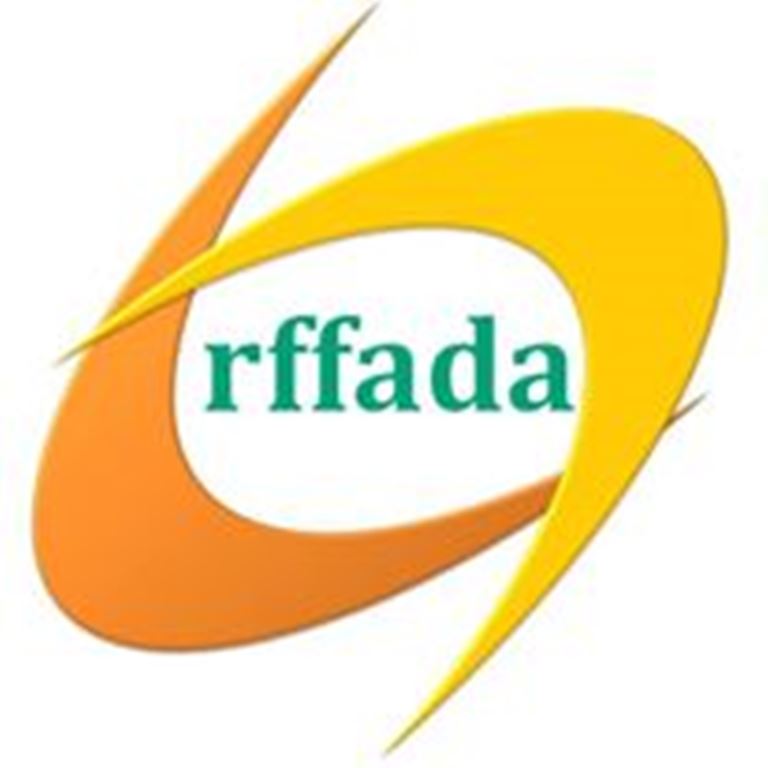Good morning Well the good news is that we have reached and exceeded the 1000 supporters mark. In fact we have 1024. This is amazing and is a credit to those people who are coming forward because they realise how FASD and alcohol and pregnancy impact on the jobs they do. Other news is that our colleagues in New Zealand will host their first ever conference on FASD at the end of the month in Wellington. For those of you with time and a shot of disposable income, this will be an excellent Conference. I know the people involved in organising this and this conference will be excellent. Please don’t forget the following:
- If you have any FASD projects that you want added to our list – please let me know
- If you would like quality training on FASD contact me on 0412 550 540 or elizabeth [at] rffada [dot] org
- If you are a parent or carer we would like to hear from you because I am specifically looking at what parents and carers need in the way of information and support outside of the health system
Thank you for your support Kind Regards Anne Russell First ever New Zealand conference on alcohol damage to children
New Zealand will host its first ever conference on FASD on March 22nd in Wellington. Article, Voxy.co.nz, March 7, 2012a Charge Reckless Mum: Doctor’s Union — The West Australian Alcohol While Pregnant is Worse Than Cocaine or Pot
Pregnancy exposure to alcohol associated with lower academic scores Fetal Cocaine Exposure May Not Affect Kids’ Academics: Study
A recent study has found that fetal exposure to cocaine, tobacco or marijuana does not affect the academic ability of children. Article, U.S. News, March 7, 2012 Register now for NTI Upstream Webinar, Controversies in Diagnosis of Fetal Alcohol Spectrum Disorders: Implications for DSM-V
Join leading FASD expert, Dr. Ira Chasnoff on March 21st for the webinar, Controversies in Diagnosis of Fetal Alcohol Spectrum Disorders: Implications for DSM-V. Webinar, NTI Upstream, March 2012
Interview with Edward Riley, Ph.D. – FASD Expert
NOFAS President, Tom Donaldson and Vice President, Kathy Mitchell sit down with Dr. Edward Riley to discuss the latest FASD research in brain imaging techniques, animal models, and behavioral studies. Dr. Riley is the Director of the Center for Behavioral Teratology at San Diego State University.
European Public Health Alliance
working towards better health for all
Welcome to the March 2012 Newsletter Pregnant Kiwis’ drug, alcohol use causes concern According to a new study, New Zealand mothers-to-be drink alcohol at a rate four times higher than women in the United States. Article, 3 News-New Zealand, February 23, 2012 Body stayed silent on pregnancy warnings Australia’s food standards group refused to release two reports on alcohol and pregnancy, including reports that stated people that see warning labels on alcoholic beverages are more likely to talk about the risks of alcohol use during pregnancy and a report that states warning labels on alcoholic beverage containers could potentially prevent up to 77 cases of FASD per year in Australia. Article, The Australian, February 22, 2012 New calls on booze and babies FASD Birth Mother, Elizabeth Russell of Australia talks about her experience with her two FASD affected sons and how she was advised by her physician to “have a few drinks” during her pregnancy. Article, The Australian, February 25, 2012 If you have trouble with Centrelink please seek assistance from your local Welfare Rights agency, who specialise in providing advice and representation to people regarding Social Security Law. www.welfarerights.org.au The Parenting Matters! project is a research study funded by the Canadian Institutes of Health Research (CIHR). The study seeks to develop a better understanding about what it means to parent a child with a neurodevelopmental disorder (examples of a neurodevelopmental disorders are: Spina Bifida, Cerebral Palsy, Epilepsy, Fetal Alcohol Spectrum Disorders, Autism Spectrum Disorder, Down syndrome, cognitive disabilities and global developmental delay) and the day to day experiences of these families. You can watch this webinar NOW on your computer. It was originally aired on Feb. 28, 2012
- by extensive literature syntheses;
- by a review of legal and policy frameworks that affect families of disabled children;
- by analyzing population health data to explore parenting issues at a community level; and
- through a mixed-methods study with families in four Canadian cities.
In the latter, we expect to engage 60 families in each city to complete a package of questionnaires developed with our National Research Advisory Group, and then to invite 10 mothers and fathers from each city to participate in face-to-face qualitative interviews to explore their experience of being a parent to a child or youth with a neurodevelopmental disorder (e.g., autism, global developmental delay, etc.). Part 1 — Parenting Children with Neurodevelopmental Disabilities: What Do We Know, and What are the Opportunities? originally aired on February 28th, 2012 at 11:00 – 12:30 ET. The main purpose of this webinar is to share what we have learned to date about parent health and well-being, and about parenting as reported in the NLSCY database. We will report on the progress of the study, and speculate about the potential utility of the findings for prevention and intervention studies to help parents on their parenting journey with children with neurodevelopmental disorders. We will also seek people’s advice about KT opportunities once the studies are done.

